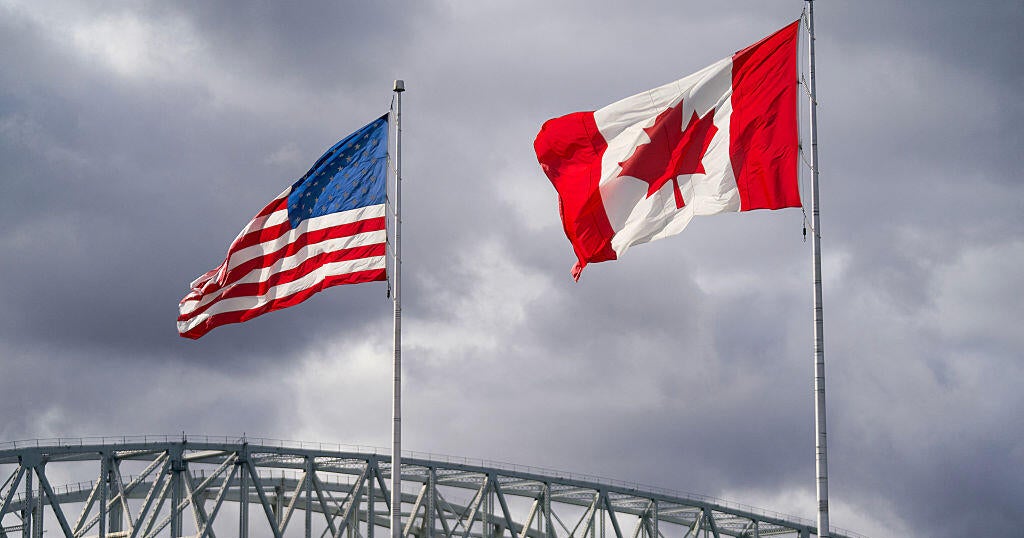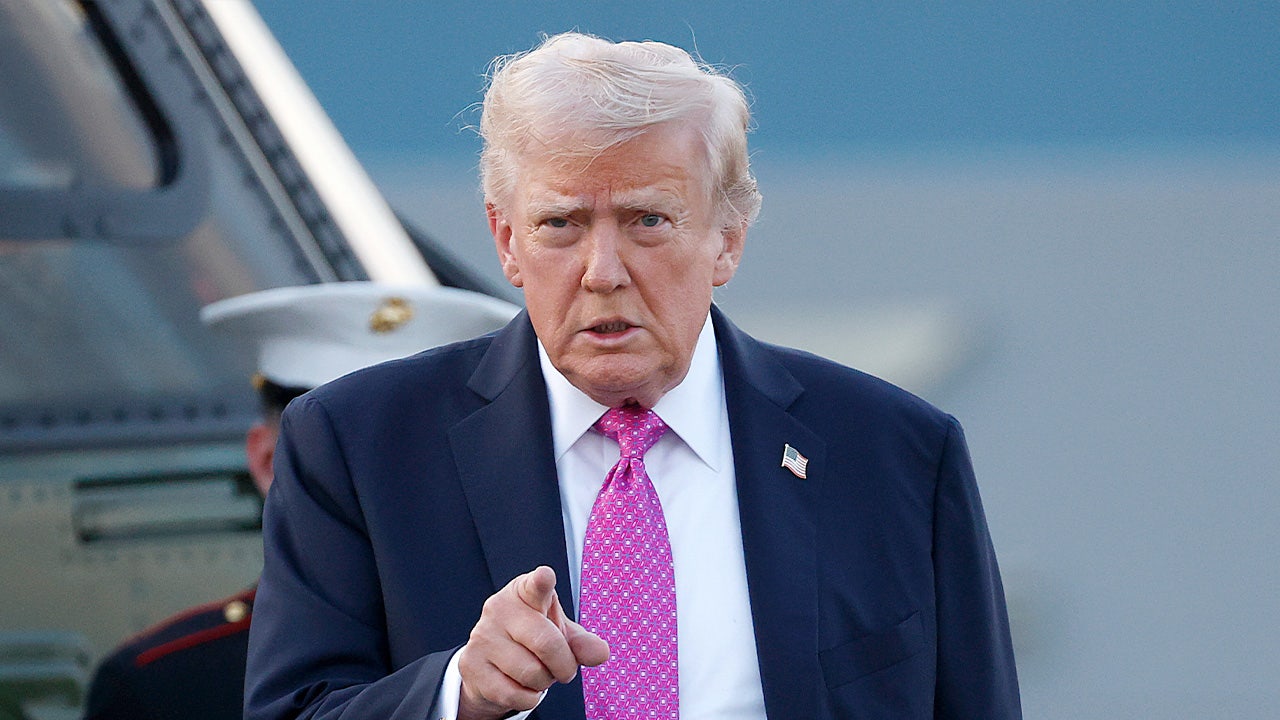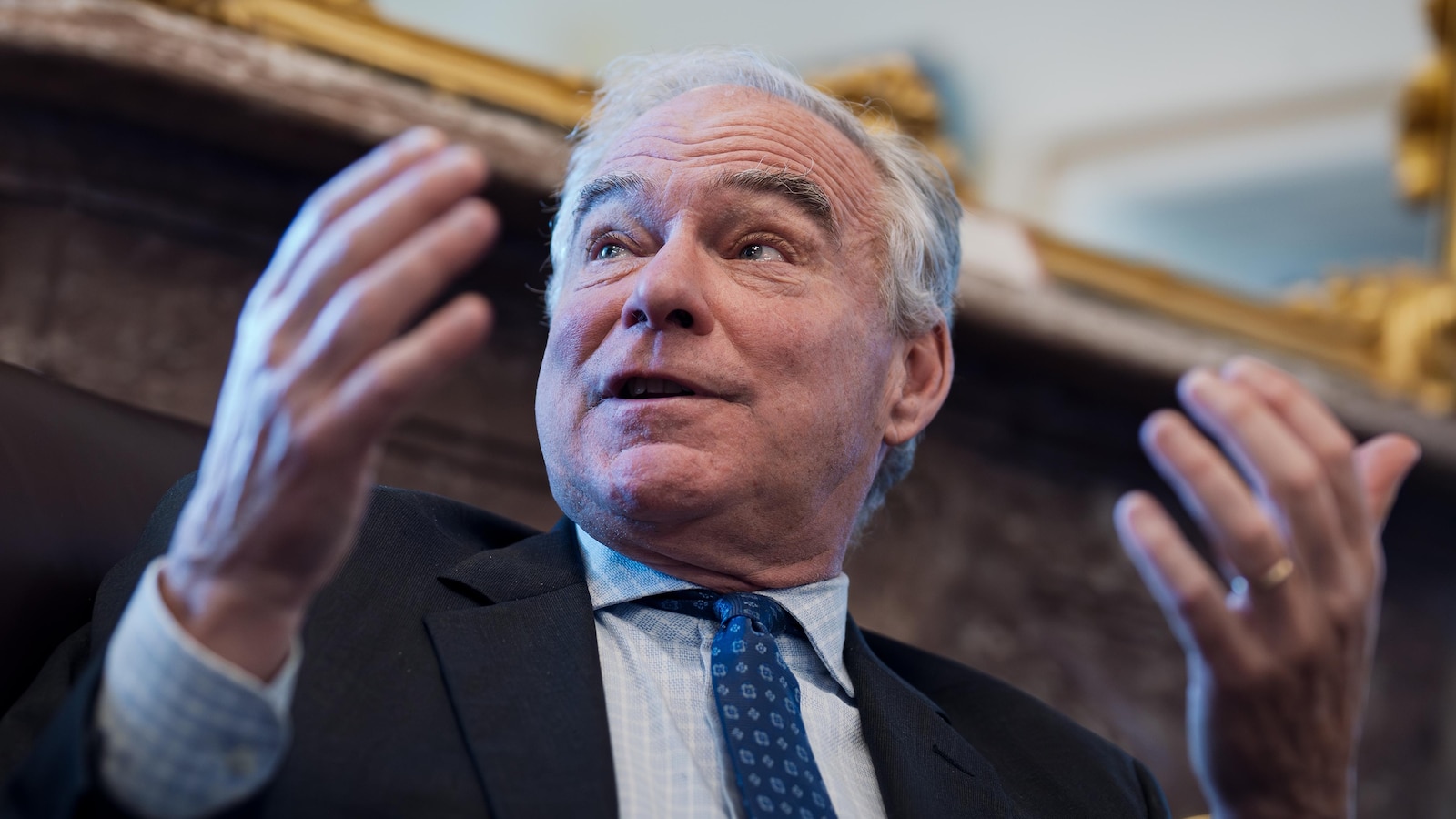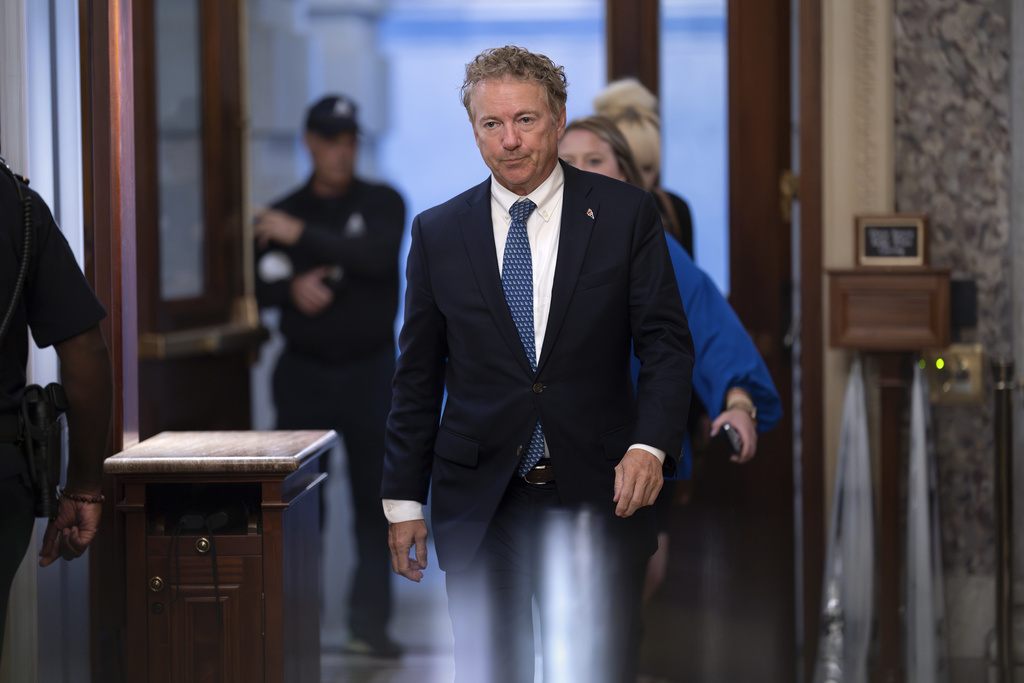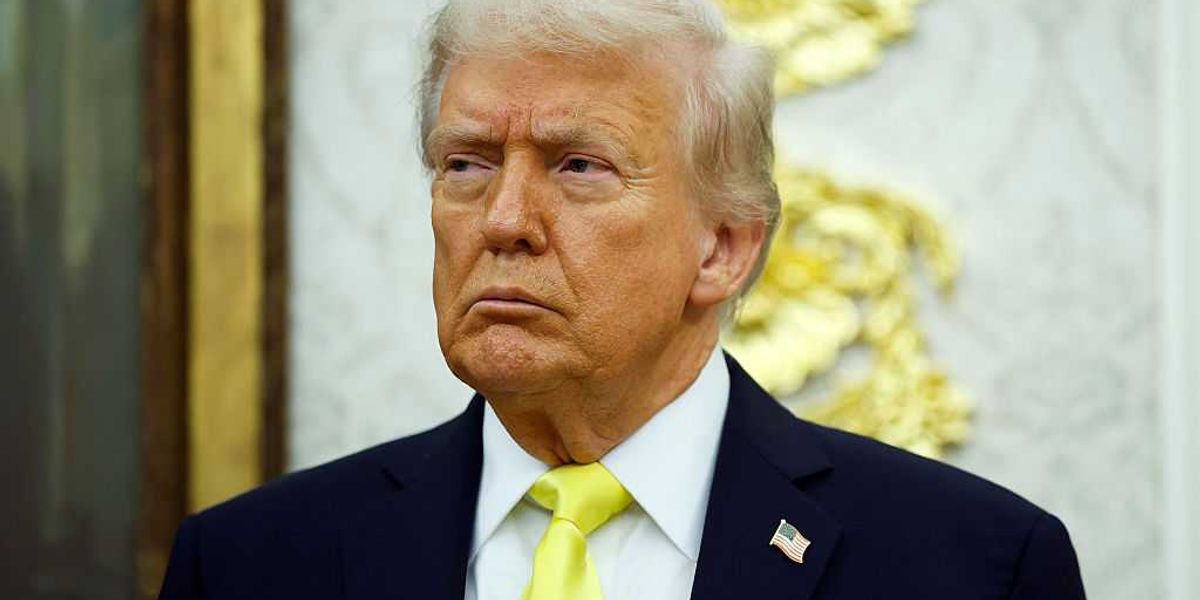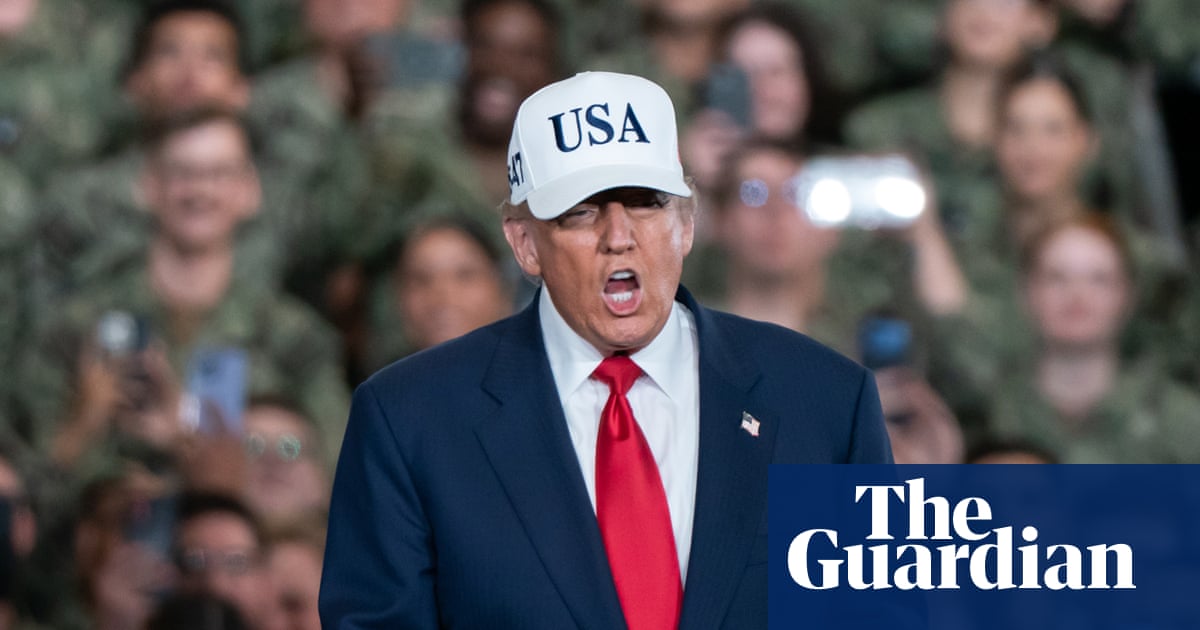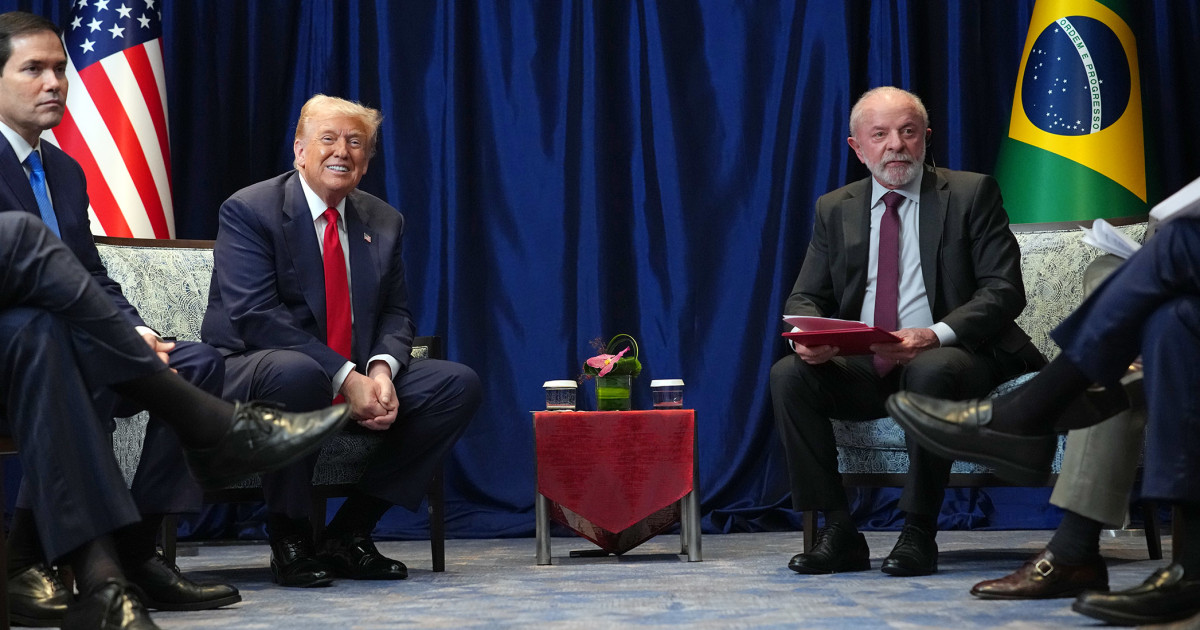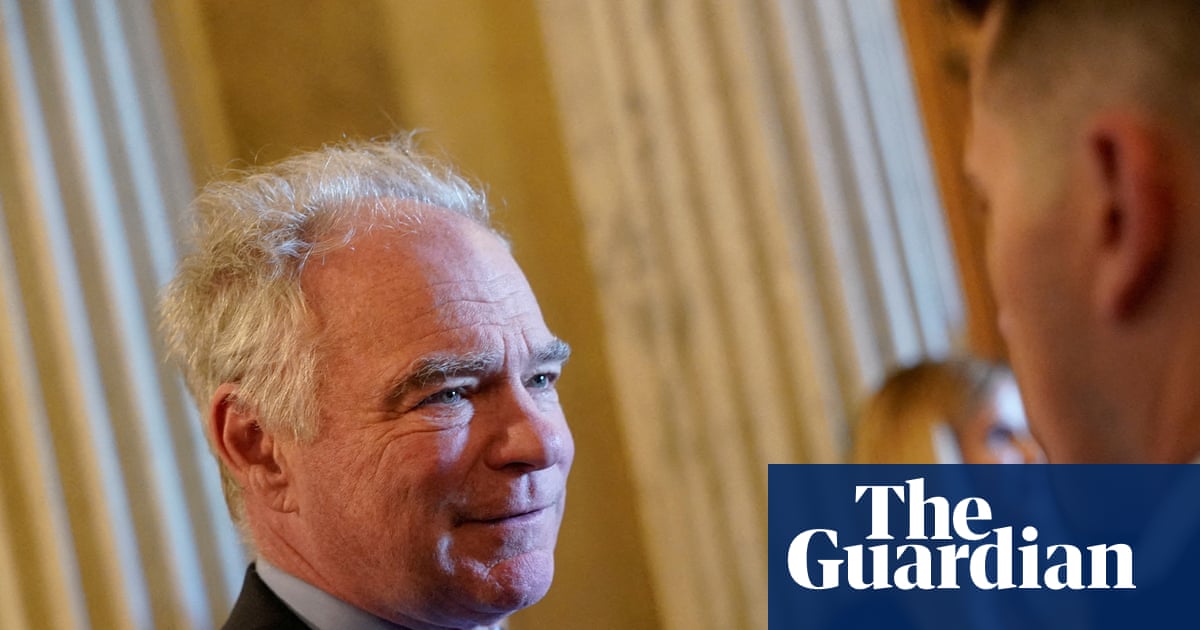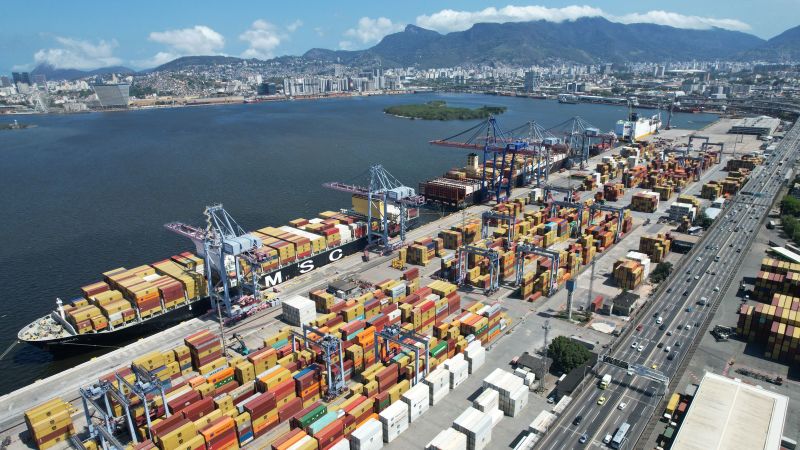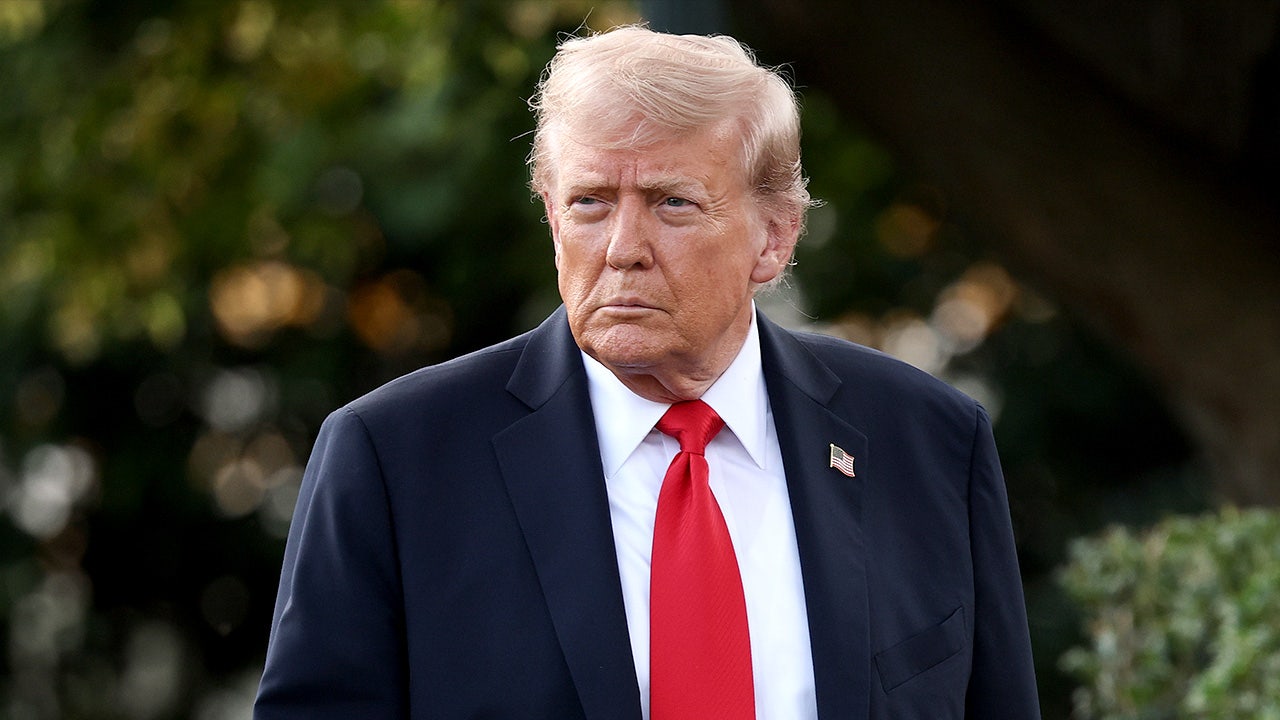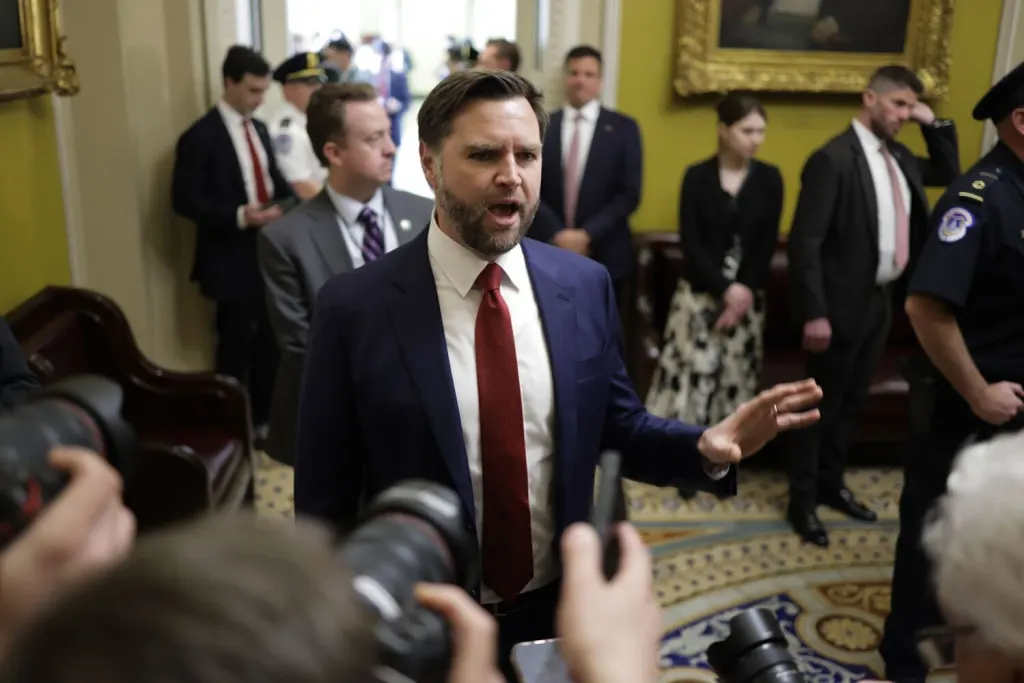Senate Defies Trump on Tariffs, Blocks Brazilian and Canadian Import Duties
The Senate passed bipartisan resolutions to block President Trump's tariffs on Brazilian and Canadian imports, defying administration warnings, though a presidential veto and House action loom.
Overview
- The U.S. Senate passed a bipartisan resolution, 52-48, to block President Trump's 40% tariffs on Brazilian imports, overturning the national emergency declaration used to justify them.
- Five Republican senators, including Mitch McConnell, joined Democrats in defying Vice President JD Vance's warnings against challenging the administration's trade policies.
- President Trump also sought to impose 10% tariffs on Canadian imports, prompting the Senate to approve a separate bipartisan resolution to block these duties, with support from senators like Rand Paul.
- The resolution blocking Canadian tariffs faces significant obstacles, including a potential presidential veto and new House Republican rules that could prevent a vote in that chamber, making it largely symbolic.
- Canadian Prime Minister Mark Carney is attempting to communicate with Trump regarding import taxes, though U.S.-Canada trade tensions later thawed when Canada decided against retaliatory tariffs.
Report issue

Read both sides in 5 minutes each day
Analysis
Center-leaning sources frame this story by emphasizing the political motivations behind President Trump's tariff decisions, particularly concerning Brazil. While reporting the Senate's efforts to block tariffs, one source definitively links Trump's actions to his ally's legal troubles, presenting this as a factual cause rather than an alleged reason. This editorial choice highlights a narrative of personal politics influencing trade policy.
Articles (19)
Center (5)
FAQ
The Senate passed the resolution to block Trump's tariffs on Brazilian imports with a vote of 52-48.
Five Republican senators, including Mitch McConnell, Susan Collins, Lisa Murkowski, Rand Paul, and Thom Tillis, joined Democrats in opposing the tariffs on Brazil.
The resolution blocking Canadian tariffs faces significant obstacles such as a potential presidential veto and new House Republican rules that could prevent a vote, making it largely symbolic.
Canadian Prime Minister Mark Carney has attempted to communicate with President Trump regarding import taxes, and tensions later eased when Canada decided against retaliatory tariffs.
Senate Democrats contend that Trump used bogus emergency declarations to justify tariffs, which raise prices on goods and hurt American consumers, leading them to push for repeated votes to undo these trade actions.
History
- 2d

 10 articles
10 articles
